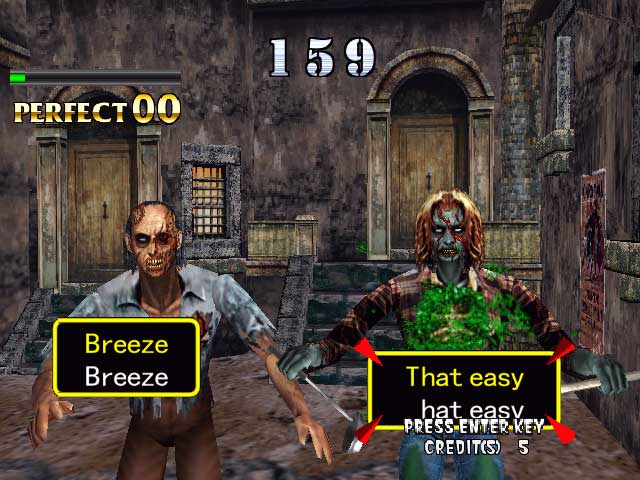Sega Dreamcast Turns 20 - The Futuristic Console That Failed By Being Ahead Of Its Time
On this day 20 years ago, the Sega Dreamcast was released in Japan. Now, two decades later, we celebrate one of the most under-appreciated beacons that defined the future of console gaming.
I don’t see this being a long blog piece, as it’s primary purpose is to show you just how Sega’s final foray into the hardware business was far ahead of its time, and actually continues to define what we see in games consoles today. But forgive me if I do go down some rabbit holes and share some of my memories with one of my favourite childhood systems.
Let’s be honest, the business decisions led to the demise of the Dreamcast - Sega changing things up with new consoles being released far too quickly, leading to developers dropping support out of sheer frustration. Plus the looming spectre that was the PlayStation 2 dampened the excitement for Sega’s machine.
However, anyone who has played on a Dreamcast before will tell you that if things had just gone a little bit differently, this would have been a runaway success.
It was the first console to put ease of developer access as a priority - built on the Windows CE platform and built using “off-the-shelf” computer components. It was the first console to think of gameplay without the screen, as the memory card itself had a screen to play assorted mini games (the tech is far more advanced now, but you can see how this laid the groundwork for remote play). And it was the first console to place a keen focus on the internet, at a time when Netscape navigator, flash games and online communities were on their rapid ascendancy.
They were the first to introduce an always on online gaming service in the form of Sega Net (the clear inspiration for Xbox Live, as Peter Moore jumped ship to Microsoft once Sega started to sink). They were even going as far as to put live TV on it, along with email and web browsing. Only thing stopping them was the slow dial up that the rest of the world except for Japan felt the pain of at the time.
And the games. The god damn games. If communities still get excited at the mention of their names, then you know you had good games. Exploding with a sense of creativity you would be hard pushed to find anywhere else, Sega’s internal development teams pumped out some of their best work including Chu-Chu Rocket, Jet Set Radio, an honest-to-god MMO in Phantasy Star Online and the one and only Shenmue. Games so good that you could breeze over Sonic Adventure and not care.
As for the rest of the incredible library, things went from addictive arcade conversions in Soul Calibur and Crazy Taxi, to the stranger side of things in Typing of the Dead and Seaman.
Dreamcast games rewrote the book on game design and interested us to a new era of complex, open, connected experiences that just didn’t exist before it.
Which makes the death note of this console all the more unfortunate. Sega’s previous botched launches came back to bite them at the worst time. And as Sony introduced the PS2, packed with the ominously cool-sounding Emotion Engine, backwards compatibility and a DVD drive for watching films on the new emerging format at the time, things started looking bleak. The final nail in the coffin was the TGS premiere of said PS2 that involved mind blowing demos of Tekken Tag Tournament and Gran Turismo 2000.
By that point, Dreamcast sales slowed to a halt and by 2001, the dream was over. But never forget the impact Sega had with this system. It defined the future, and you can still see it shining through in new developments - consoles built using PC parts, an emphasis on community and amazing first party titles to really show it off.
The dream is dead. Long live the dream (cast).
ENJOY WHAT I WRITE? PLEASE VOTE FOR ME
Thank you for reading. If you enjoyed it, please take two seconds and vote for NRM in the UK Blog Awards. Just tap the button, to find out how. It only takes 30 seconds.






